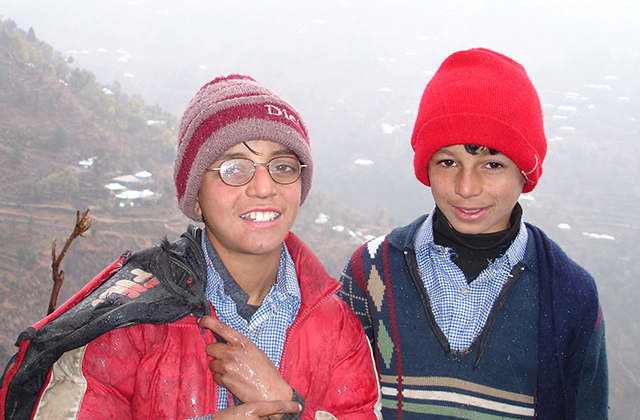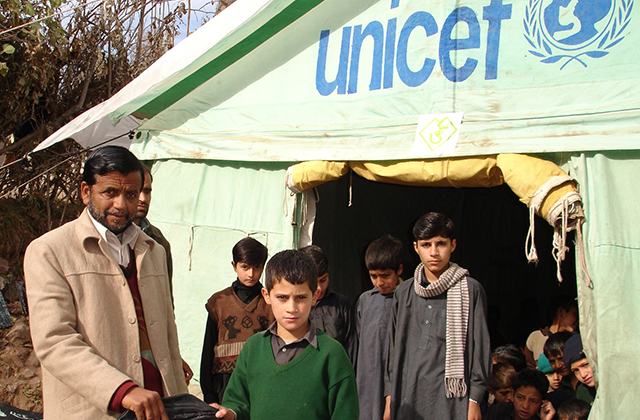EDUCATION
Education
The high level of inequality exists between rich and poor in Pakistan-administered Kashmir. In this area there are basically three kinds of schools: the private institutions that cater to the upper and middle class; the government-run schools serving the lower echelons of the population and the Madrassah, the religious school. Private schools have become a necessity for contemporary society; since the government has failed to provide quality education for its population. A majority of parents, even those from lower income brackets, send their children to private schools with the hope their children can receive an education that will enable them to be competitive. But unfortunately private schools cannot be affordable by all and also unable to provide the required quality of education, as majority of the private schools is run by investors not educators.
Government schools in this area are so pathetic that basic goal of education cannot be achieved due to lack of trained and qualified staff, poor infrastructural facilities and excessive political involvement in teacher recruitment and school administration; that’s why such schools children lack behind in this competitive society. The low enrollment and low retention rates are a reflection of poor quality of education being offered in these schools. Dissatisfaction with government schools is reflected by the low attendance rate. About 70% of these primary schools are either empty or have only 9 to 12 students in each class (EMIS AJK 2009).
Apart from this entire worst situation we feel responsibility to empower government schools which are the last resort for the poor parents to educate their children. Improving school environment and capacity building of the teachers are the main components of our strategy. We seek to improve the quality of both teaching and learning through leadership and professional development in which educators receive the support and training they need to deliver high-quality learning opportunities for all students. This includes working with child care providers, schools and teacher preparation programs to create safe, positive environments that are content rich, results-driven and culturally meaningful and relevant.
We believe every child deserves a fair chance at success in school and life. Focusing on a child’s education and development is the most effective way to help children reach their full potential now and in the future. The active engagement and empowerment of families also play critical roles in a child’s education and a family’s ability to engage fully depends to a great degree on whether its basic needs – for food, employment, a path to economic security have been met. To address the needs of children, we must address the needs of parents and children together. In education, as in all other areas related to our mission, barriers to opportunities based on income often inhibit the success of children and their families. Efforts to eliminate these barriers are critical to ultimately help break the cycle of poverty. We are organizing mother-groups to involve them in child education and in addition uplifting their economic position through entrepreneurial trainings and financial support.
We believe education practices and policies should be community-based and connected to efforts that mobilize voices, resources and solutions. We involve community and the national and international development partners to come forward to save the future of these poor students put at stake. Existing of an established network of 851 community-based organizations (CBOs) in this area is our strength. We want to partner with families, schools and communities in making a difference in young children’s learning and development. To do so, we support community-based family engagement efforts that empower parents, caregivers and families as leaders in children’s development, recognizing that this is a shared responsibility with schools and communities. We believe education will make the change that we need in the 21st century.


